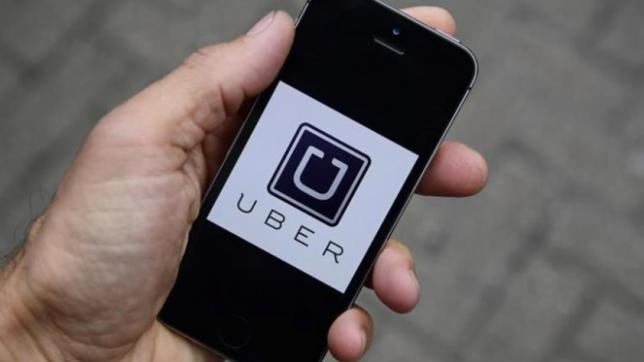Uber riding out the bumps

There is a new rumbling in South Asia, and it's coming from Bangladesh.
Most people may not know this, but Bangladesh's current per capita income of $1,516 could touch $2,000 by 2020. In the three years preceding 2016, Bangladesh's per capita income has grown by 40 percent and it is now a regular feature in the top 10 fastest-growing economies in the world. It grew 7.28 percent in the last fiscal year and is projected to grow at 7.5 percent for fiscal 2018-19. As a result, this will be the eighth straight year in a row that its GDP has exceeded 6 percent. This is no small feat, especially considering the fact that the period coincided with the slowing down of economies of most of the emerging countries of the world.
Bangladesh's social indicators and developmental outcomes have also been on an upswing. According to the World Economic Forum, Bangladesh, which has a population of approximately 200 million, has jumped 25 places to be globally at 47th place and at the top of South Asia in terms of gender equality. The Unicef too has lauded Bangladesh for lowering its infant mortality rate by 73 percent in the last 25 years, helping to achieve the Millennium Development Goal 4.
The country's capital Dhaka, with a population of approximately 16 million, mirrors this remarkable economic and social transformation. It is the country's economic hotspot; a bustling, modern day metropolis with a swelling middle class, that needs to go places and move forward, albeit with a fractured road transportation network.
Enter Uber.
We launched our ride-sharing platform in November 2016 with cricket star Shakib al Hasan taking the first ride. Shakib, who is now our brand ambassador, currently captains the national team and is globally recognised for being one of the best all-rounders of all time. He embodies and personifies the new Bangladesh that people around the world have started taking note of — one filled with ambition, self-belief and the drive to move their country forward.
Shakib's support in transforming the country's public transportation network speaks to that ambition.
In the past two years, we've helped people take millions of trips in Dhaka and in Chittagong, a city where we launched our service earlier this year. The number of rides makes it evident — few things are better than Uber and Bangladesh. Additionally, we have created livelihood opportunities for more than 100,000 driver partners. The effect of ride-sharing has been both astounding and transformational.
Dhaka has changed us too. The realities of the city have led us to explore numerous products and widen our portfolio. Today, we have six different products on our platform – Uber X, Premier, Hire, Intercity, XL and of course, UberMoto, which Dhaka and Chittagong have come to “own”.
Uber had first launched Moto in Bangkok a few years ago, but it is in Dhaka where it has truly exploded. Today, it is the city with the single largest Moto trips in the Uber world. Almost 2,000 partners sign up to drive with us, just on Moto, every single week — students looking to pay off semester fees, blue collar workers looking for an extra income, fathers who want to pay for their daughter's dance lessons. Tens of thousands more sign up every week to take an UberMoto trip as citizens choose a convenient and fast option to navigate Dhaka's peak-hour gridlocks. At this pace, Bangladesh is expected to contribute 25 percent to our growth in the region in 2019.
As we complete two years in Bangladesh, we hope that Uber is helping redefine what it means to own a personal car. If you can hit a button and get a ride in less time than it requires you to read this piece – why do you need to own one anyway?
The writer is the president of Uber for India and South Asia.
